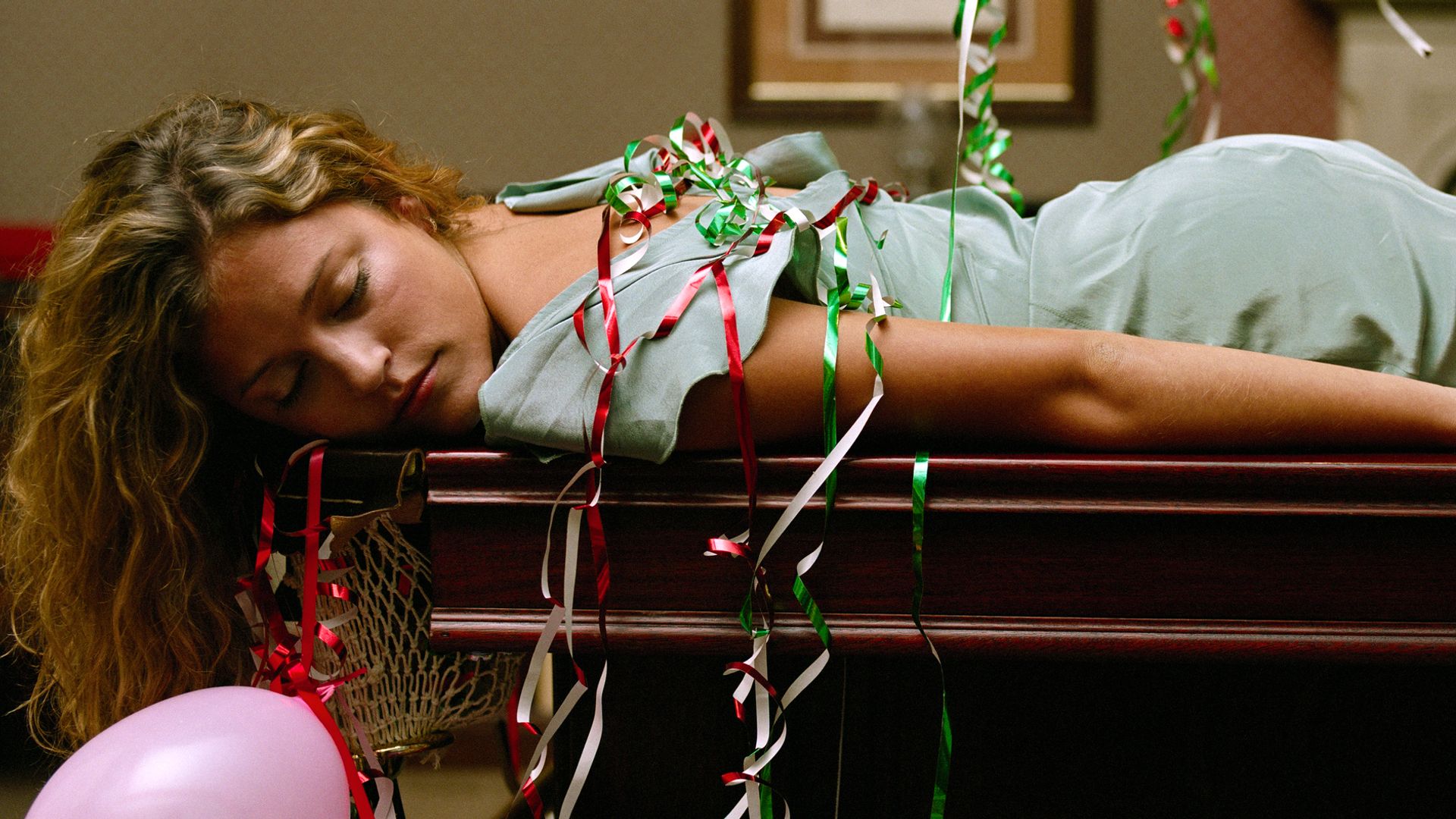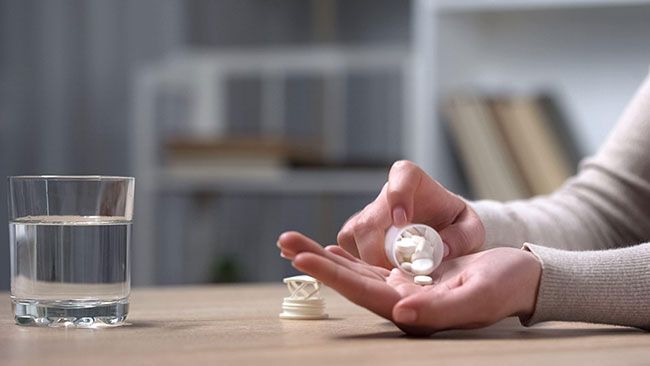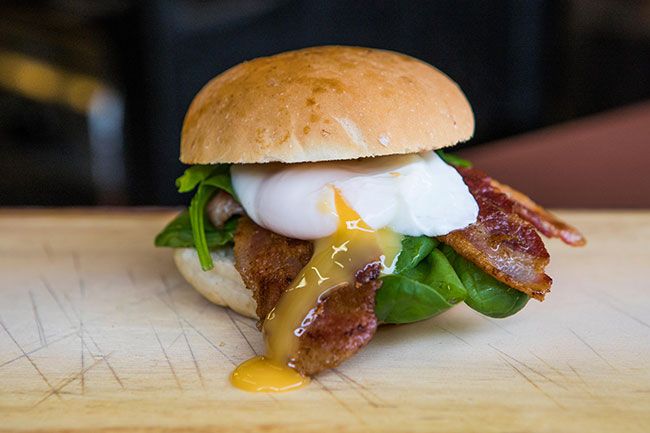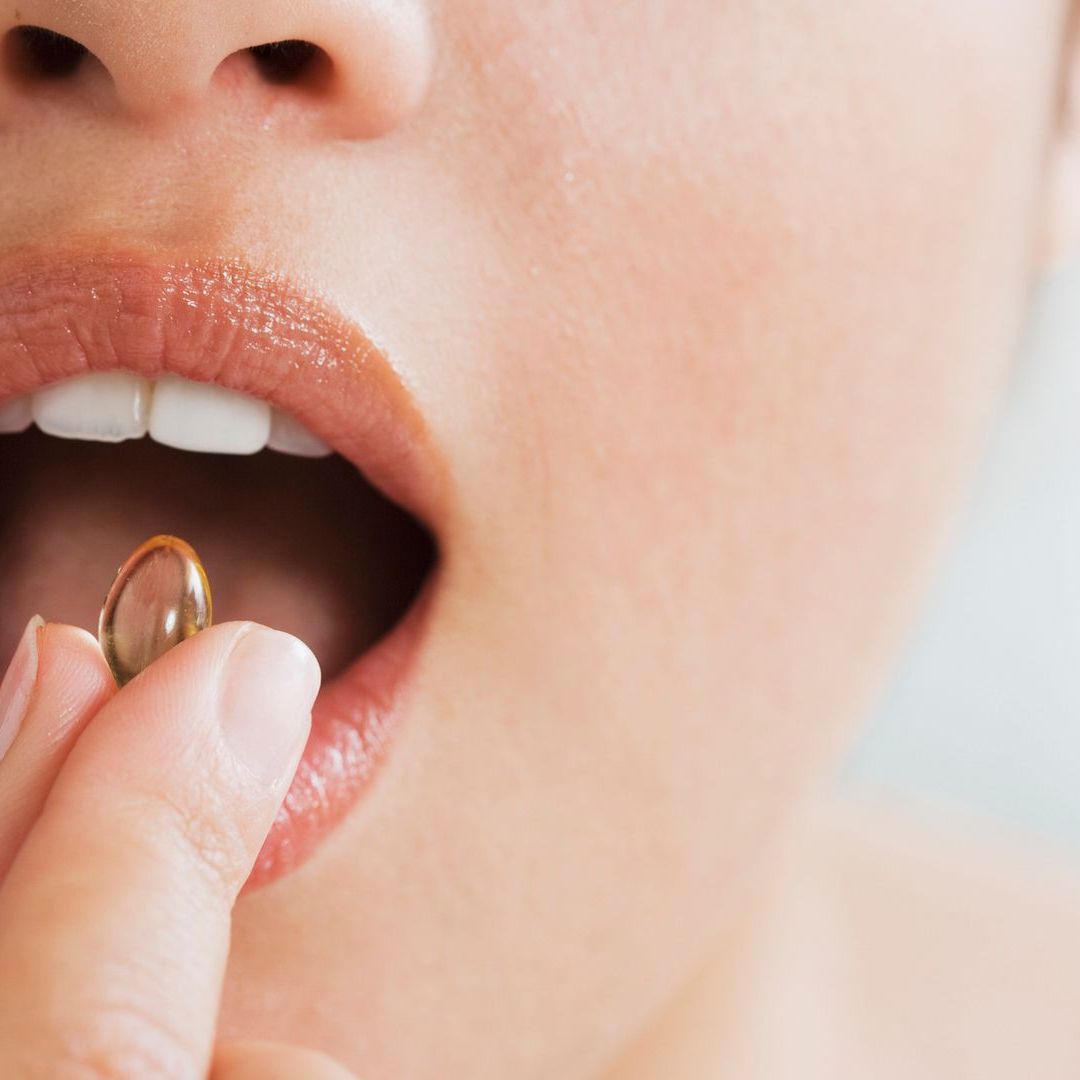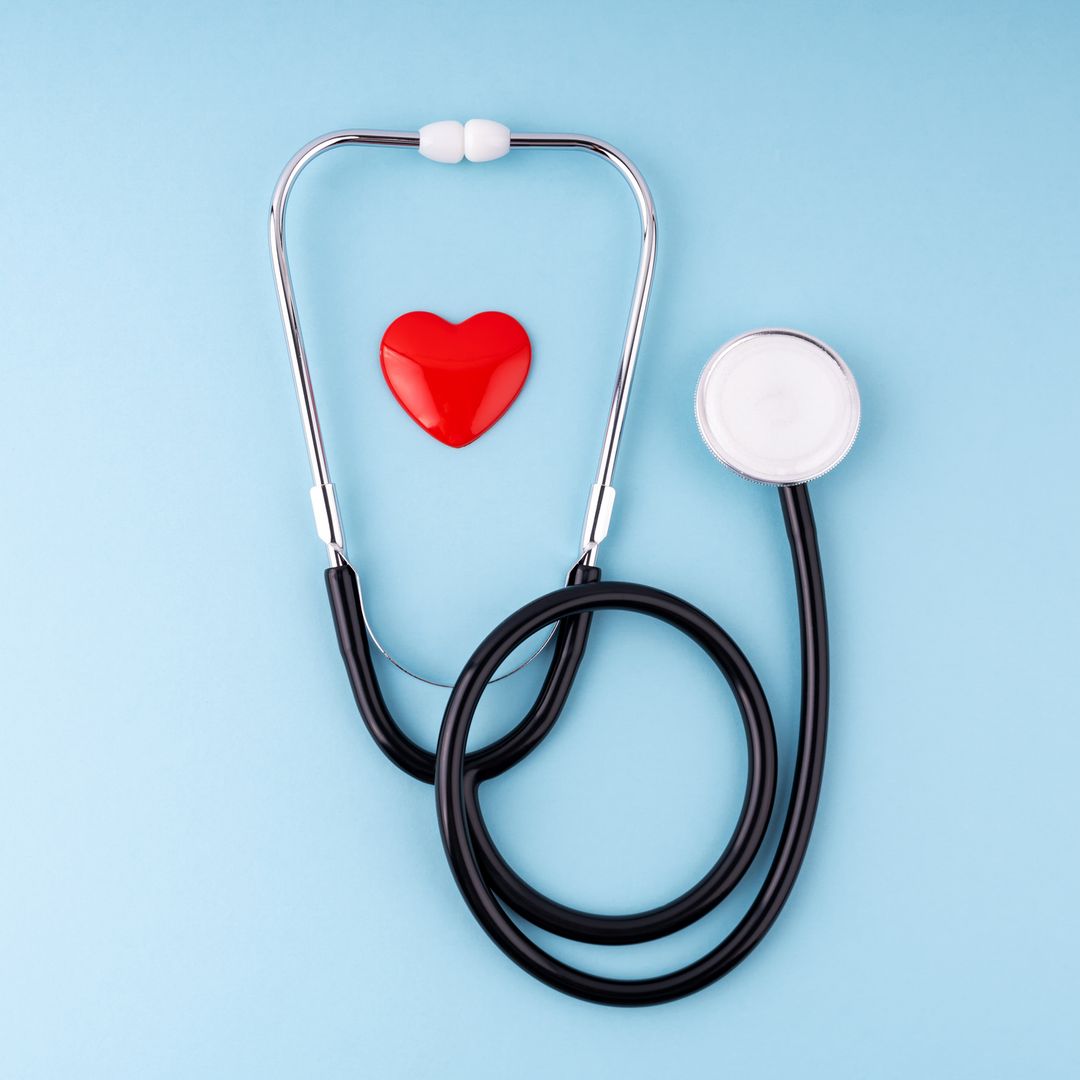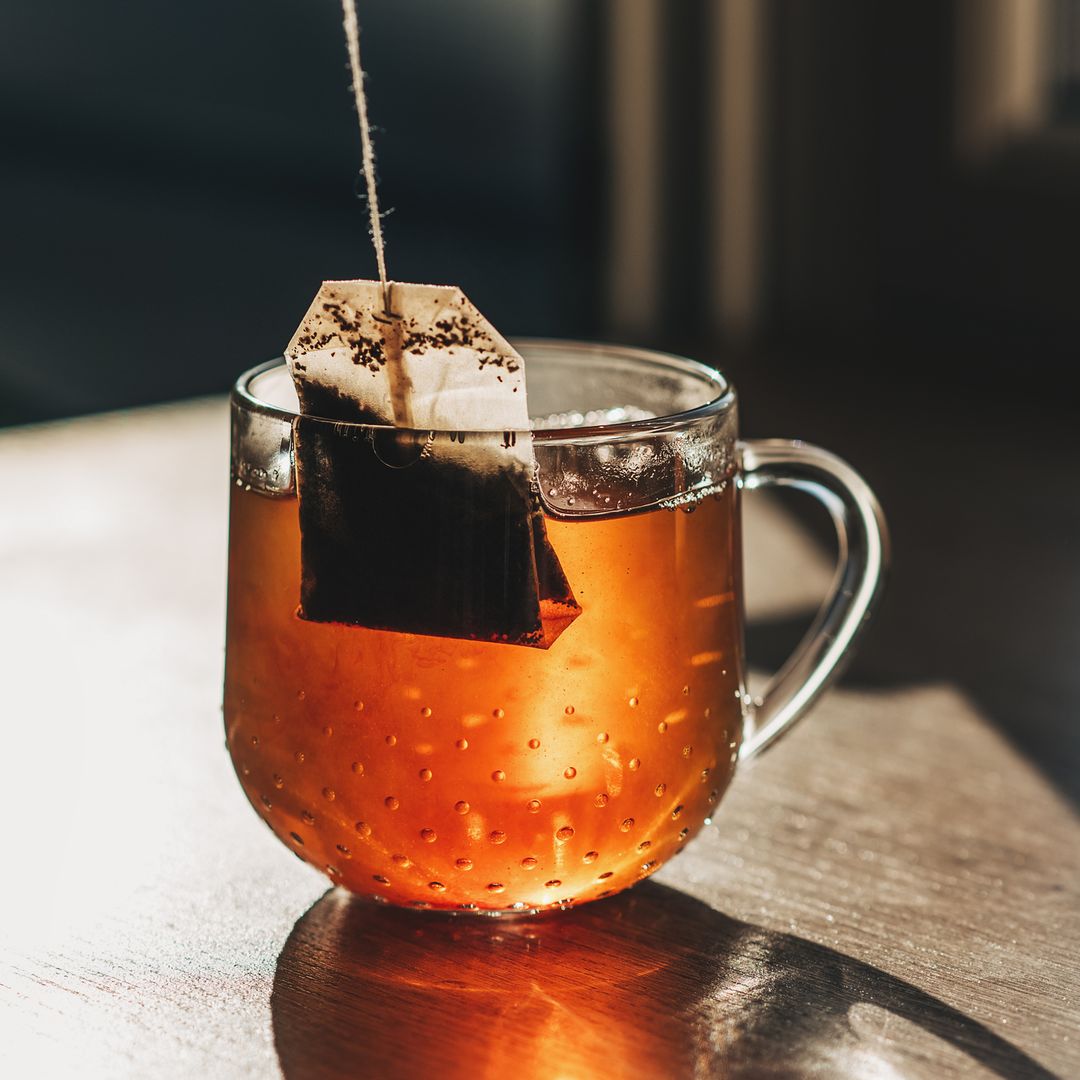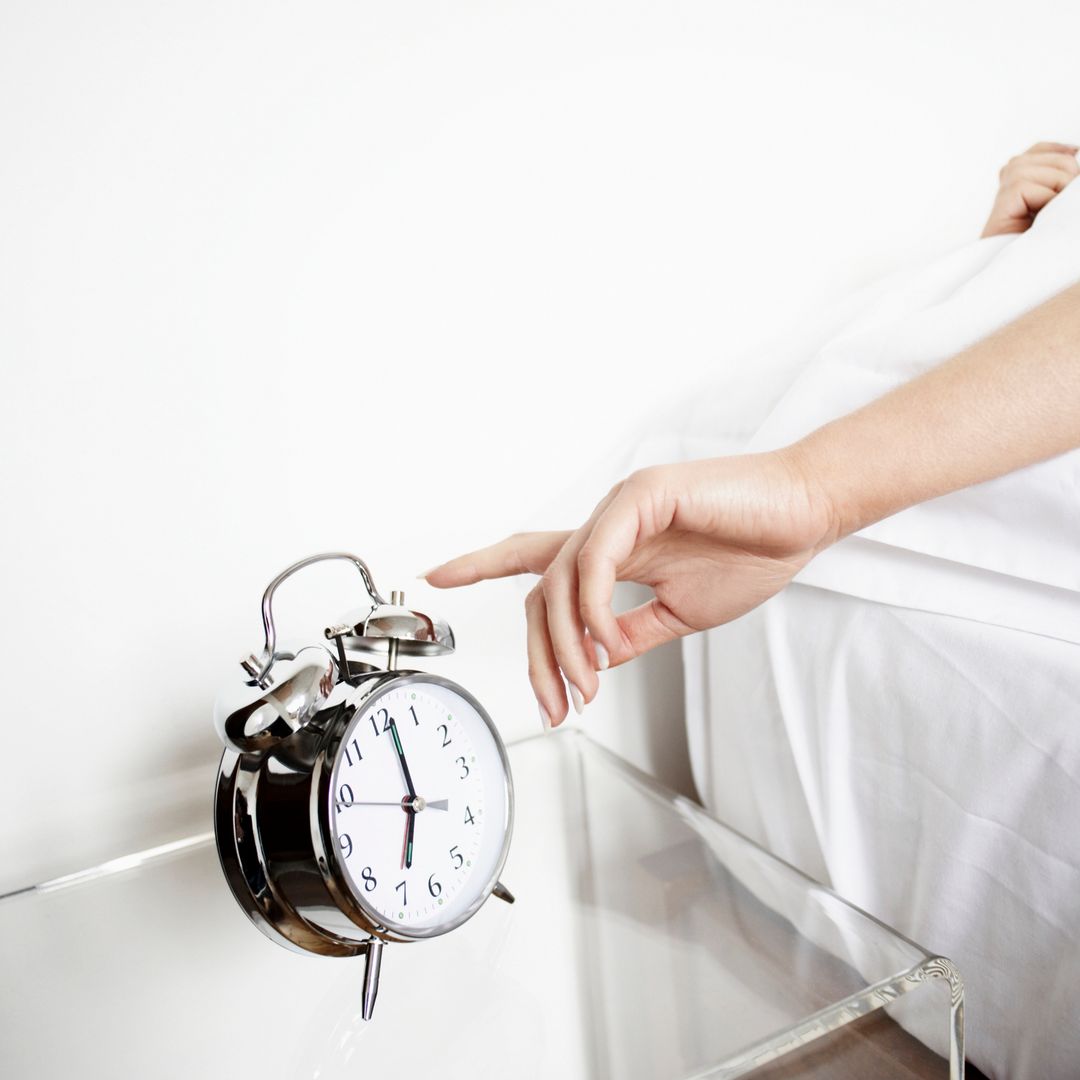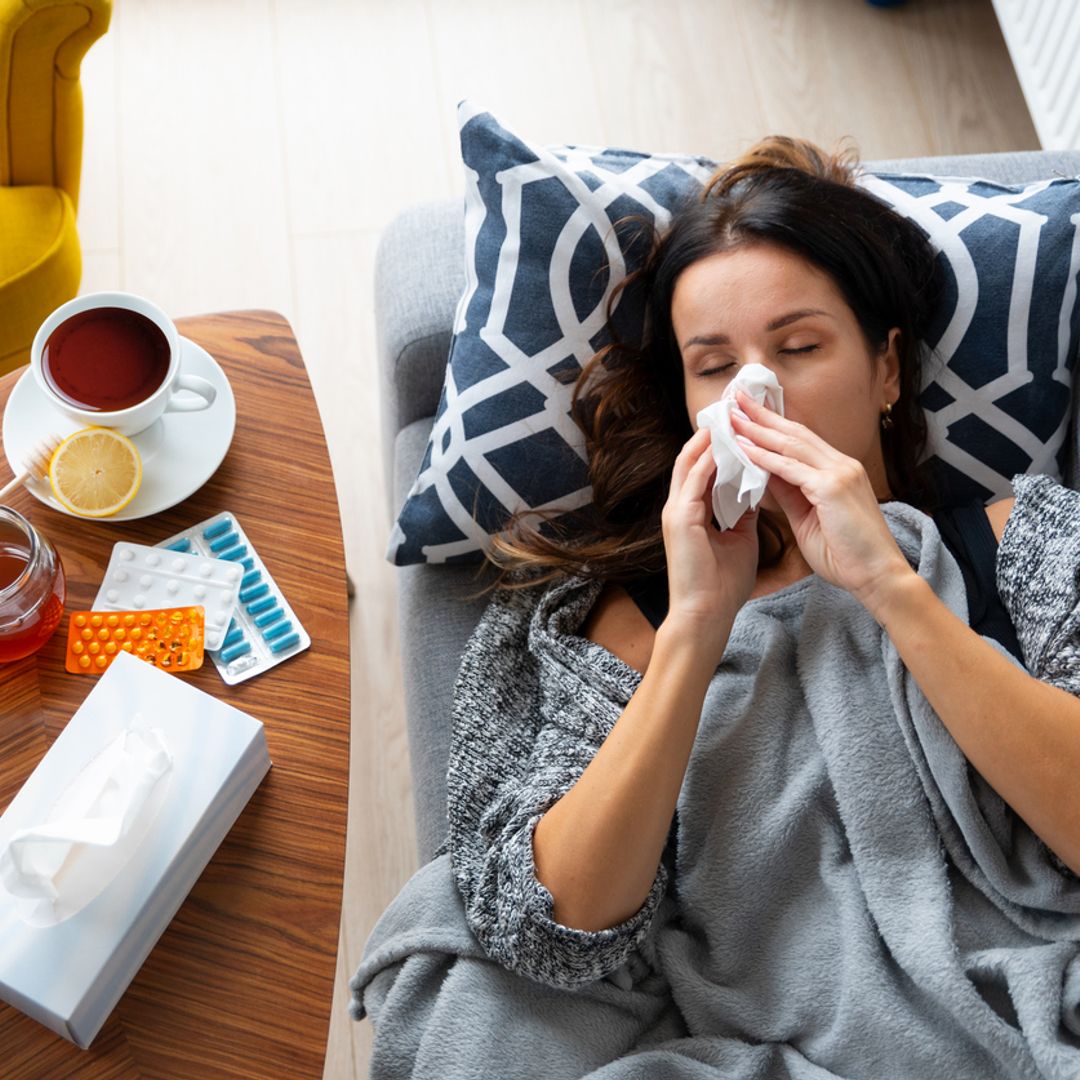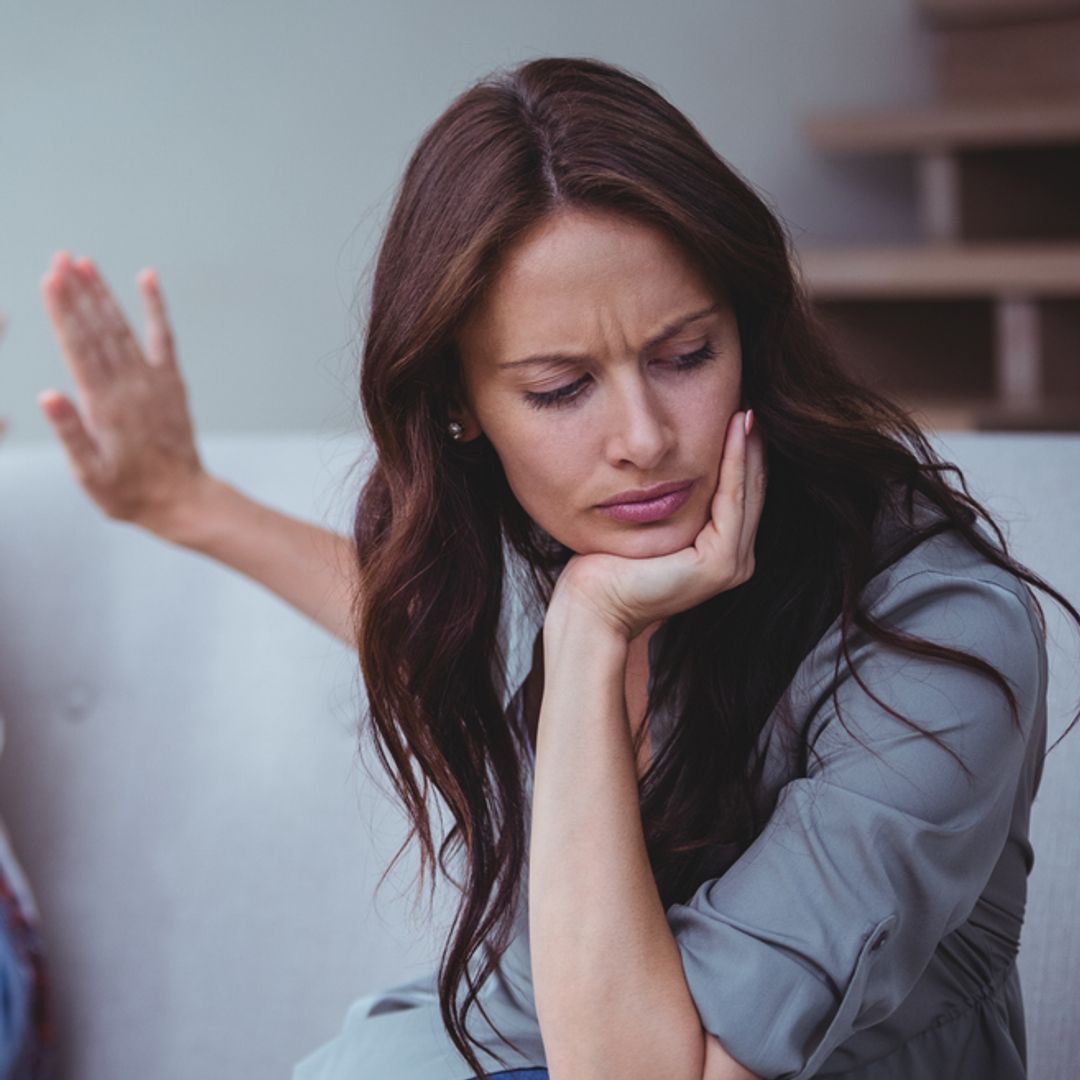Hangovers have a special place in hell - and none hit quite as badly as the one that comes after a boozy New Year's Eve party. We've all been there!
But rather than wallowing in bed feeling sorry for yourself, there are some practical steps you can take to prevent a crippling hangover, or if it's too late for that, to help alleviate some of the worst symptoms. With the average adult who drinks alcohol estimating that they've had about 80 hangovers to date, with some even lasting for two days, TV doctor Dr. Zoe Williams previously provided us with some helpful advice and bust hangover myths over the festive period.
Here are Dr Zoe's expert tips to banish a hangover fast…
What are the fastest hangover cures?
Sadly, the only 100 per cent effective hangover cure is prevention, either through drinking moderately or not at all. If it's far too late (no judgement here!), then Dr Zoe has some top tips to ease your symptoms.
- Never drink on an empty stomach; ideally, have a meal that contains some proteins and fats to help slow the rate at which your body absorbs the alcohol.
- Stay hydrated. Drink water between alcoholic drinks, before you get into bed and make sure you have a couple of pints of water by the bedside to drink when you wake up with a dry mouth during the night.
- Have a lie-in. The quality of your sleep when you've been drinking is likely to be poor, so if you can get some extra kip, then your body will thank you for it and you're less likely to feel the effects of the hangover as severely when you finally get up.
- Take paracetamol. It's worth having some by the bedside if you know that you're likely to wake up with a hangover. You can set your alarm 30 minutes earlier than you actually need to get up, take the pills about the time you wake up to your actual alarm they have had a chance to start working.
- Have a good breakfast. In fact whatever your body is craving, feed it. It's not often that I encourage people to eat a greasy fry up, or down a can of full-fat Coke. But when you have a hangover and your body is craving these things, it may be because your blood sugar is low from the alcohol. However, if the can of Coke is your vibe, whilst it may make you feel better temporarily, the relief will be short-lived because the sugars will quickly be utilised by the body, so please do try and get a good source of protein or fat in there as well. Because we all know that there isn't actually any fat in a full-fat Coke. Once you're feeling better, get some nutrients in too.
How can I get rid of a hangover headache?
Explaining the science behind it, Dr Zoe says: "Alcohol consumption can cause headaches through vasodilation. The blood vessels become wider and this can stimulate some of the nerves in the brain, causing pain. Alcohol also affects chemicals in the brain which can further contribute towards a headache."
If you've ever been tempted to take multiple painkillers to end the pain as quickly as possible, This Morning's resident doctor has news for you.
"To get rid of the headache, it's important to ensure that you are well hydrated and then there is the option of taking some simple painkillers. However, it's important to bear in mind that ibuprofen and aspirin, which are excellent pain relievers for headaches, can irritate the lining of the stomach, so best avoided if you haven’t managed to eat a decent meal," she says.
"Whilst paracetamol is metabolised by the liver, which may already be under strain from the alcohol, so whilst taking just the one dose will be fine, it's best not to take multiple doses of this."
How can I prevent a hangover?
Dr Zoe says: "The only guaranteed way is to go teetotal. But you can reduce the risk of a hangover, or the severity by doing the following; limit the amount you drink, hydrate well, eat food before, during and after, try to get a good night's sleep."
Top tip
For those particularly prone to hangovers, avoid dark coloured drinks (such as red wine or bourbon). They contain a higher proportion of natural chemicals called congeners which affect the body’s abilities to break down ethanol as fast. As a result, alcohol may linger for longer in the body, making your hangover worse. However, too much alcohol of any colour can still make you feel bad the next morning.
How long does a hangover last?
It turns out that genetics are actually a factor here. "This will vary from person to person and be affected by a number of factors, such as how much alcohol was consumed, the person's body weight and age, and how effective their liver is at metabolising alcohol," Dr Zoe explains. "In most cases, a hangover lasts for less than 24 hours, but some people do report it going on for three days."
What causes a hangover?
No surprises, alcohol is bad for you. But if you're wondering what is actually going on in your body, Dr Zoe has the answers. "Hangovers are caused by the ethanol or alcohol in drinks. Alcohol is toxic to our bodies and has a number of effects through which it can directly contribute towards hangover symptoms.
"Firstly it is a diuretic, this means it makes you pee more which can lead to dehydration. Excessive alcohol can also irritate the lining of the stomach and intestines causing symptoms of abdominal discomfort, nausea and vomiting.
"It affects our sleep quality too, so even though we may think we sleep more deeply when we’ve been drinking, the quality of sleep is likely to have been poor, which can contribute towards the tiredness associated with a hangover and can also disrupt things like hormone production and cognitive function. Headaches, low blood sugar, dizziness and brain fog are further symptoms of hangovers that can be caused by the effects of alcohol."
